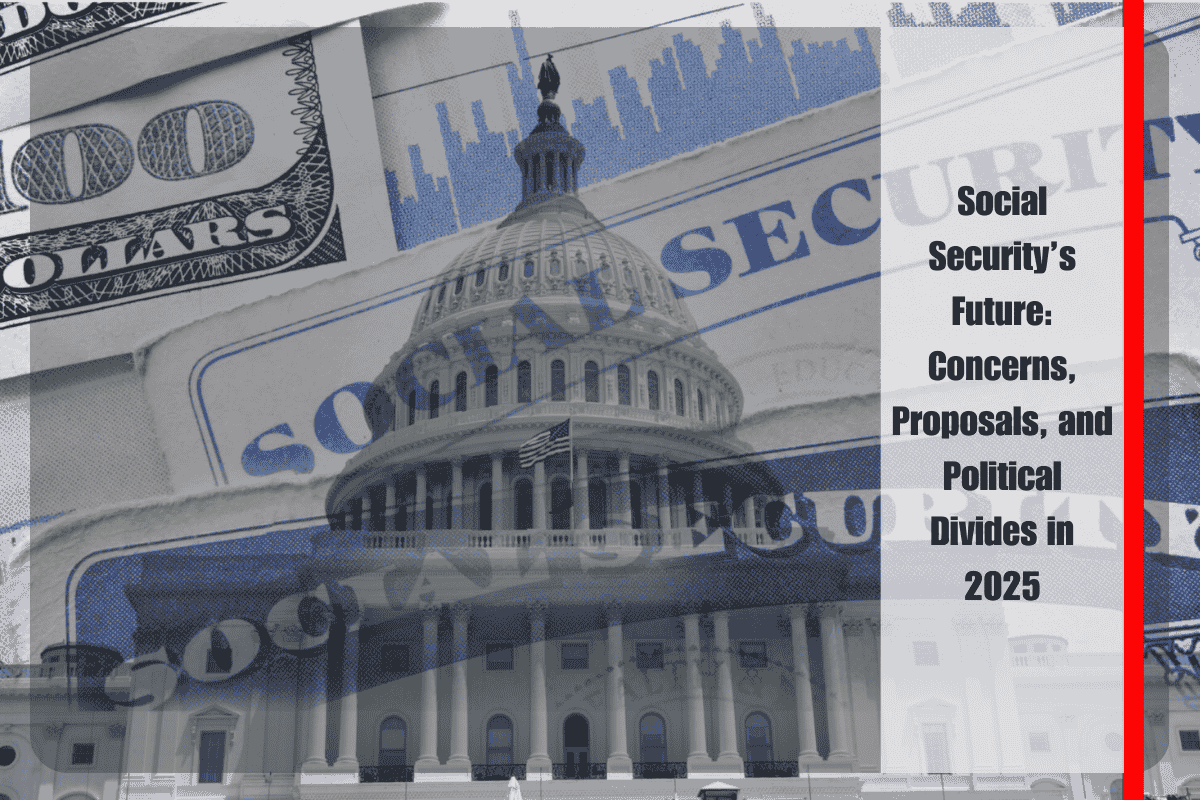American seniors are increasingly frustrated with their Social Security benefits, as a new report reveals that nearly two-thirds of retirees are dissatisfied with the amount they receive. While the average Social Security check has exceeded $2,000 this year, a survey conducted by The Senior Citizen’s League (TSCL) of 1,920 respondents aged 62 and older found that only 10 percent were satisfied with their benefits. Meanwhile, 63 percent reported being dissatisfied, and 27 percent indicated they were neither satisfied nor dissatisfied.
This dissatisfaction is largely driven by rising living costs, which are significantly impacting seniors’ financial security. Chris Motola, a financial analyst at NationalBusinessCapital.com, explained to Newsweek that rapidly increasing costs are affecting everyone’s budget, including that of seniors. He pointed out that the near-disappearance of pensions for private sector employees means many seniors are increasingly reliant on Social Security to cover their retirement expenses.
The reliance on Social Security among seniors is significant. The TSCL report showed that nearly 73 percent of seniors depend on Social Security for more than half of their income, with over a third—39 percent—relying on it as their sole source of retirement income. In addition, 19 percent rely on Social Security for at least three-quarters of their income, while 15 percent receive between half and three-quarters of their income from the program.
Behind this dissatisfaction lies a deeper economic issue. According to the TSCL, Social Security benefits have lost approximately 20 percent of their purchasing power since 2010 due to cost-of-living adjustments (COLAs) that have not kept pace with actual inflation, especially in categories like housing and transportation. These areas have seen prices increase more sharply than the overall inflation rate for over a decade.
The COLA is designed to preserve the purchasing power of benefits by adjusting payments in line with inflation. It is calculated using the Consumer Price Index for Urban Wage Earners and Clerical Workers (CPI-W), which tracks spending patterns among working Americans. The Bureau of Labor Statistics surveys price fluctuations for around 80,000 products each quarter and compiles the results into an index. Each year, the COLA is based on the average CPI-W from the third quarter of the current year compared to the same period the previous year. If there’s an increase, it is rounded to the nearest tenth of a percent to determine the COLA. For 2025, this formula resulted in a 2.5 percent increase in benefits.
However, TSCL argues that these annual adjustments often fail to match the inflation seniors experience. The report highlights that housing and transportation costs have increased faster than inflation over the past 15 years, which is particularly challenging for seniors who rent their homes or live in areas with limited walkability.
Colin Ruggiero, co-founder of DisabilityGuidance.org, which helps Americans with disabilities file Social Security applications, noted that while the dollar amount of benefits has increased on paper, what those dollars can actually buy has significantly eroded. He added, “For someone on a fixed income, every dollar counts. When you can’t stretch your check as far as you could a decade ago, it reinforces the belief that Social Security is falling short of its promise.”
Many seniors share this sentiment. The report found that only 20 percent of retirees feel that inflation has not outpaced the COLA, while 80 percent believe actual inflation in 2024 was higher than the 2.5 percent adjustment. According to TSCL, this mismatch in seniors’ perceptions of inflation compared to what is reported by the CPI-W explains why so many are concerned about the value of their Social Security checks.
The growing dissatisfaction among seniors with their Social Security benefits reflects the financial strain many retirees are experiencing due to rising living costs and the perceived inadequacy of annual COLA adjustments. As inflation continues to outpace the COLA, particularly in essential areas like housing and transportation, seniors are left feeling that their benefits no longer go as far as they once did. This issue underscores the need for policy changes that better address the unique financial challenges facing retirees and ensure Social Security benefits continue to provide adequate support.












